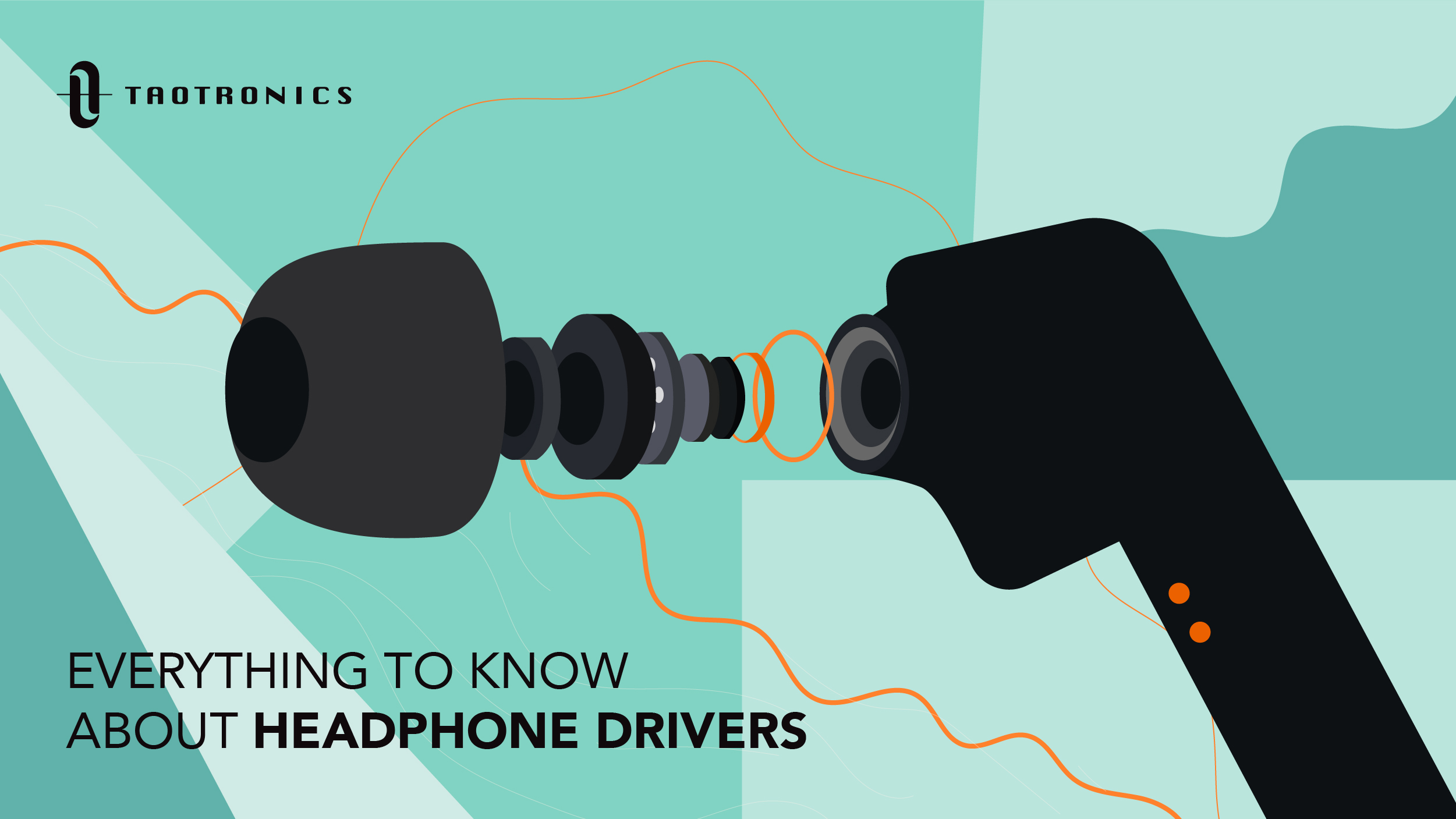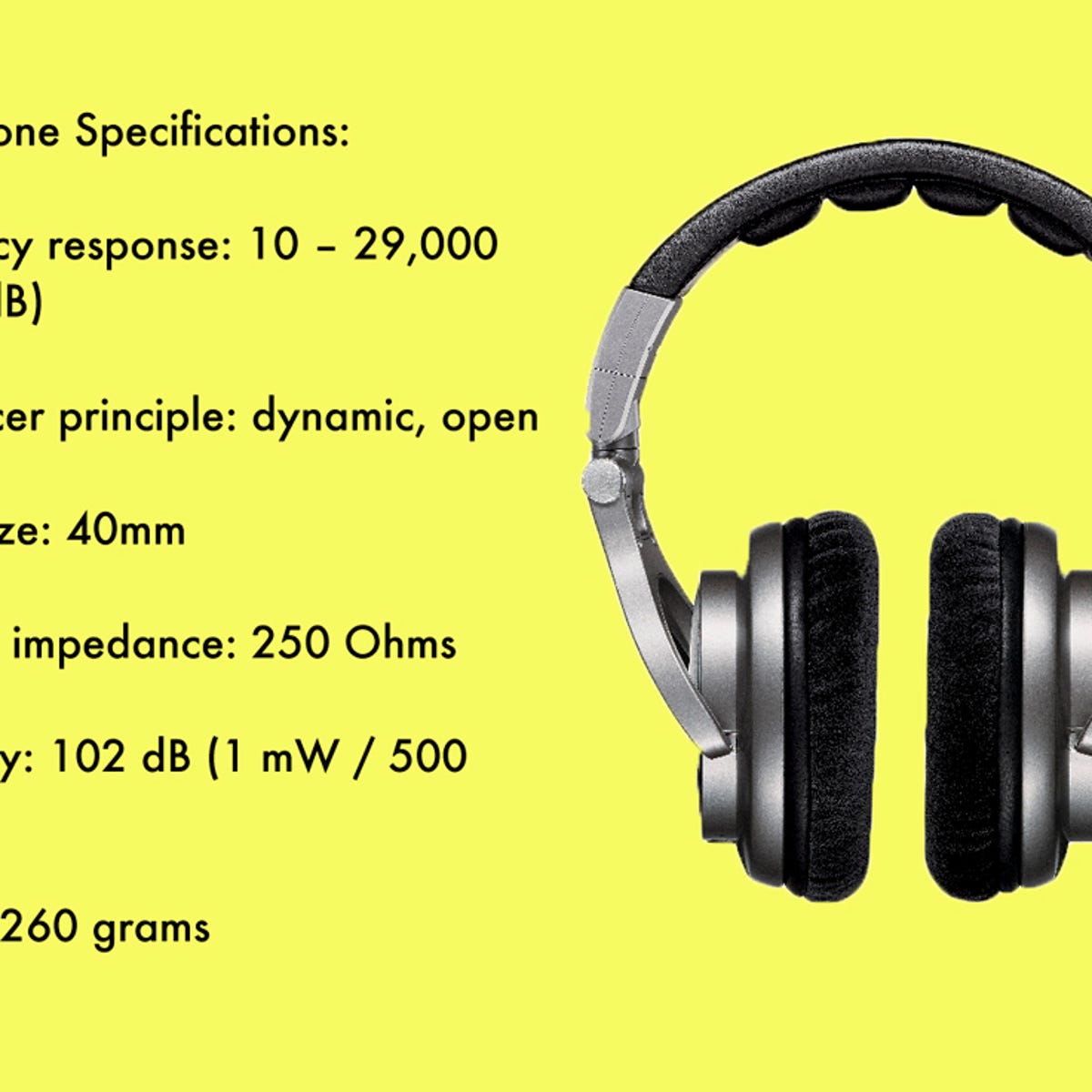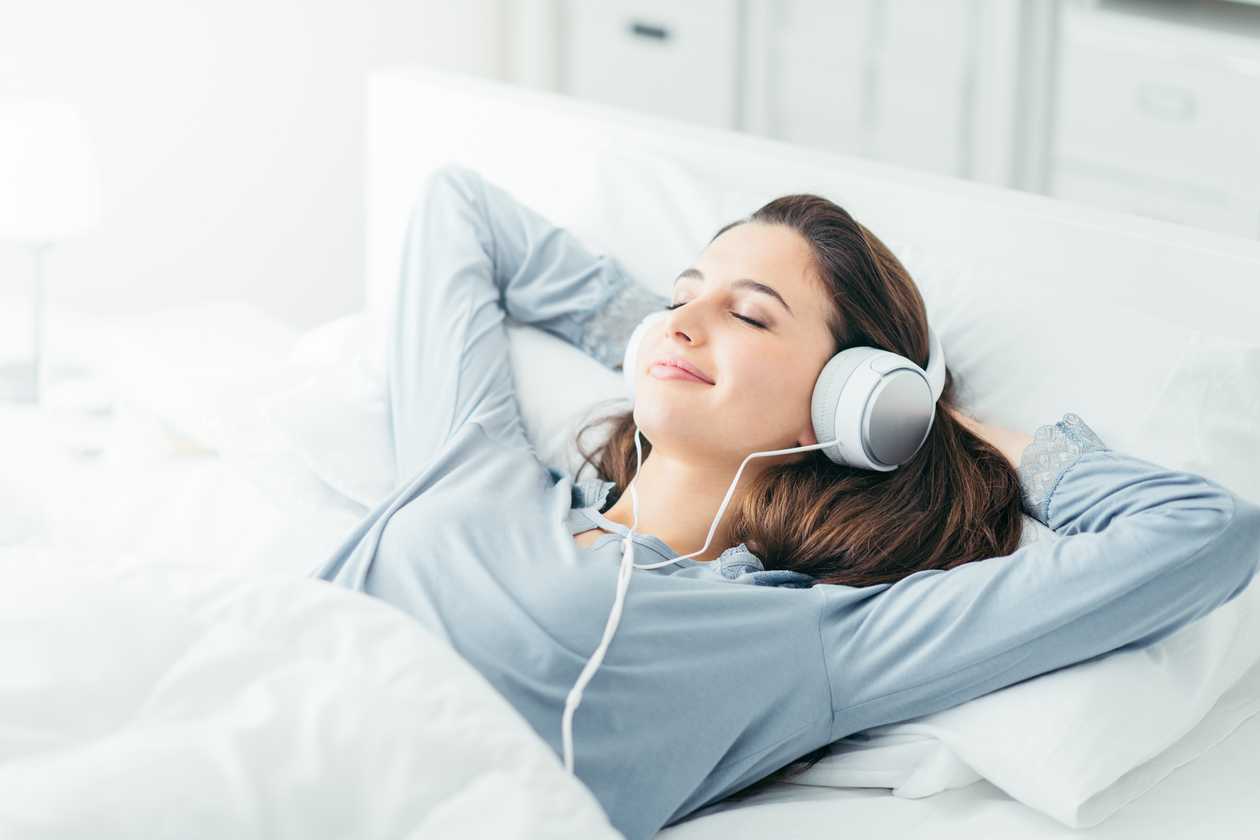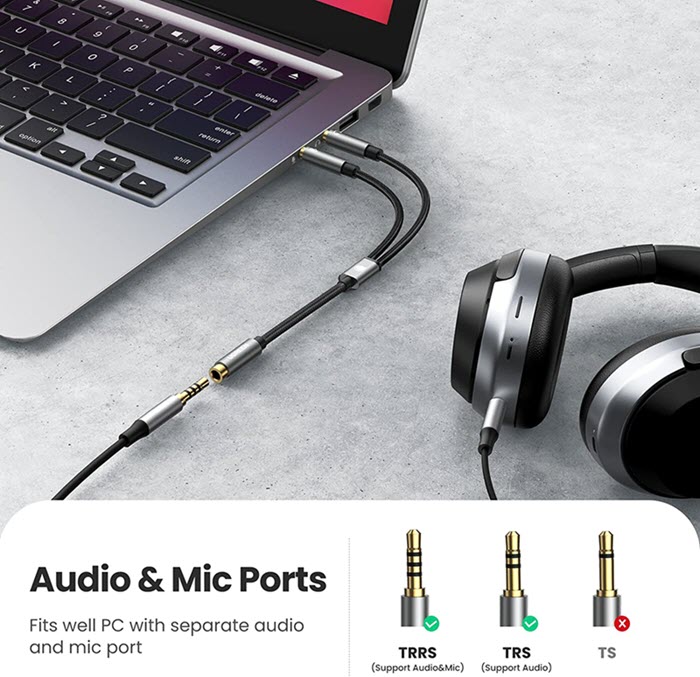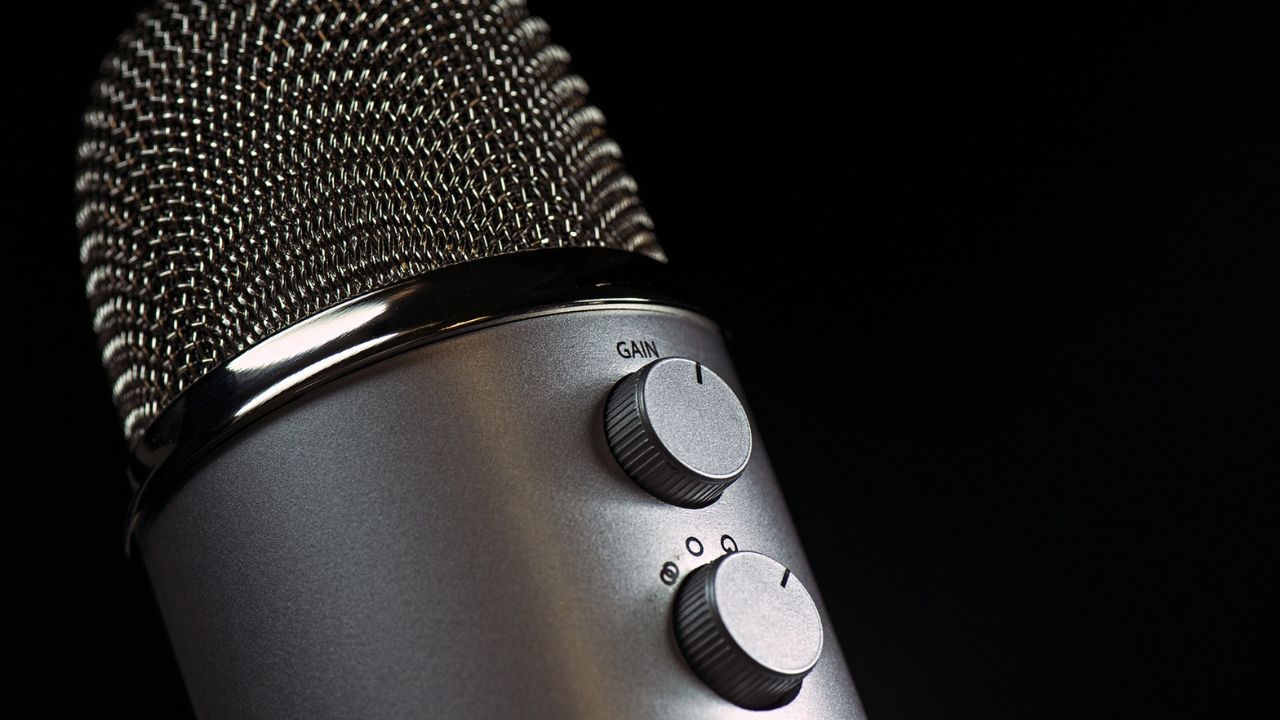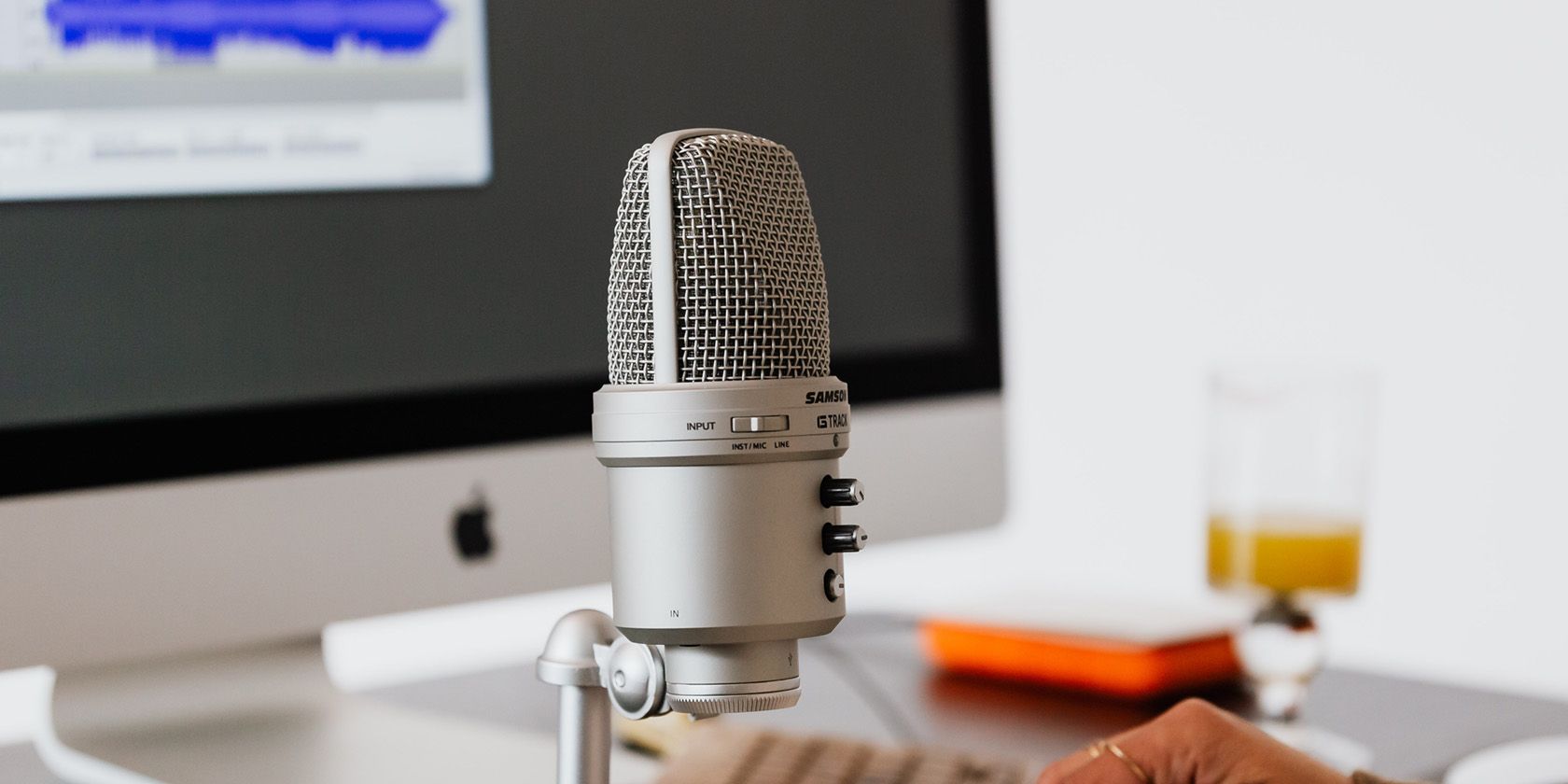Camera Essentials: Unravelling the Mystery of Uv Filters
Introduction
The world of photography is filled with exciting jargon and tools, out of which UV filters remain a topic of contention among photographers. This article unravels the mystery surrounding UV filters in the realm of cameras. We will explore what they are, their role in managing light and how they impact image quality. We also delve into the benefits and criticisms of using UV filters and understand the scenarios most suited for their use. This comprehensive guide aims to answer your query - what do UV filters do for the cameras, with simple and easy-to-understand explanation.
What is a UV Filter in the Context of Cameras?
In the realm of photography, a UV (Ultraviolet) filter is a clear, transparent piece of glass that can be attached to the front of a camera lens. The primary purpose of this accessory is to block or significantly diminish the ultraviolet light that comes into contact with the camera's sensor.
Here's a breakdown:
- Design: UV filters are transparent glass lenses attached to the front end of a camera lens.
- Showcase: Previously, in the era of film cameras, UV filters were pivotal in managing excess UV light that produced a blue hue in images.
- Modern Usage: Their usefulness in the landscape of present-day digital cameras ignites a spark of debate among photographers. It hinges on various factors, with the key differentiator being the specific context in which they are being utilized.
- Raison d'être: Initially invented for film cameras, UV filters helped handle excessive ultraviolet light. This UV light caused a blue coloration in the collected pictures.
- Today's Context: In modern digital cameras, some photographers argue in favor of their usefulness, while others deem them redundant. This varied opinion is chiefly based on individual applications.
What Role Do UV Filters Play in Managing Light for Photography?
In the complex realm of photography, the role of UV filters in controlling light is versatile and multifaceted. Let's breakdown the responsibilities of UV filters in regulating light:
- Ultraviolet Light Blockage: The fundamental role of a UV filter is to impede UV light from reaching the sensor of your camera. They are particularly designed for this purpose, thereby potentially minimizing the haze effect in images.
- Protector of Digital Sensors: Modern digital sensors are generally not as responsive to UV radiation as their traditional film counterparts. However, UV filters can still serve as a protective layer for these sensors, particularly in harsh light scenarios.
- Shield against Environmental Elements: Although the impact of UV filters on light management is debated, their protective role is undeniable. UV filters serve as the first line of defence against dust, scratches, and accidental damage, ensuring the lens's longevity.
- Veil against Intense UV Light: Certain specific photographic scenarios, such as high altitude or underwater photography, might involve an extreme degree of UV light. In such scenarios, UV filters might still have a role, helping to eradicate unnecessary glare and haziness caused by intense UV radiation.
In conclusion, the role of UV filters extends beyond the mere management of light. They have a pronounced effect on protection and ensuring the durability of your camera lens. The utility of UV filters, particularly in the context of light management, is largely dependent on the photographer’s specific requirements and shooting conditions.
What are the Key Benefits and Criticisms of Using UV Filters?
The use of UV Filters in photography has its pros and cons, each dissected below:
- Advantages:
1. Lens Protection: The primary advantage of UV filters is the protection they offer to the camera lens. They serve as a safety shield against dust, falls, fingerprints, and potential accidental damages. Placing a filter provides a reassuring layer of protection to your high-priced lenses.
2. Haze Reduction: Some photographers advocate the utility of UV filters in reducing atmospheric haze in photographs. It can particularly be advantageous in marine or high-altitude photography areas where the UV light intensity is high.
3. Improved Image Clarity: While under debate, certain photographers believe UV filters can enhance image clarity during specific shooting conditions, improving overall photo quality.
- Drawbacks:
1. Potential Image Quality Degradation: The primary criticism of UV filters is their potential to compromise image quality. Substandard filters may contribute to image softness, flare or ghosting, predominantly in unfavorable lighting conditions.
2. Reduced Light Transmission: Even high-quality UV filters could lead to slight light loss, which may matter in low-light photography scenarios. Some critics argue the filter might induce minor colour shifts, too, affecting the image's overall look.
3. Unnecessary Expense: For digital cameras, UV filters can be viewed as an unnecessary extra cost due to the inbuilt UV protection in most modern lenses and digital sensors.
To sum up, the decision to use a UV filter balances on the photographer's preferences, the shooting environments, the type of photography, and the quality of the UV filter used.
How Do UV Filters Impact the Quality of Photography?
The influence of UV filters on images captured by a digital camera is a topic with varied views among photographers. This contrast primarily stems from different factors, such as the quality of the filter and the conditions under which photos are captured.
- Filter Quality: UV filters come in a range of quality levels, and this could dramatically affect your photographs. Superior quality UV filters typically have either no or minimal impact on image quality. On the other hand, budget filters can degrade sharpness, introduce visual distortions like glare or ghosting, notably under challenging lighting conditions.
- Shades of Impact: Even with top-tier UV filters, there could be minor shifts in lighting or color. These shifts might be insignificant in bright heavenly outdoors but could be noticeable in indoor or low-light situations, where every bit of light matters.
- Distortions Introduced: Known distortions due to UV filters include image softness and glare. Special circumstances may also lead to ghosting. These effects are more prominent with cheaper filters. Higher quality filters manage these potentially adverse impacts to a greater extent.
Overall, while UV filters offer commendable protection for camera lenses, they may introduce concerns about image quality depending on their quality and the specific shooting environments. As a photographer, it's worth considering these factors before using them.
What Scenarios are Most Suited for Using UV Filters?
Understanding the ideal scenarios for using UV filters can help photographers determine their value. Here are the situations where UV filters prove their worth:
- Outdoor Shoots: UV filters come in handy in outdoor scenarios where dust, sand, or other elements pose a risk to your lens.
- Beach Photography: When shooting at the beach, where saltwater and sand are common threats, UV filters provide a measure of protection.
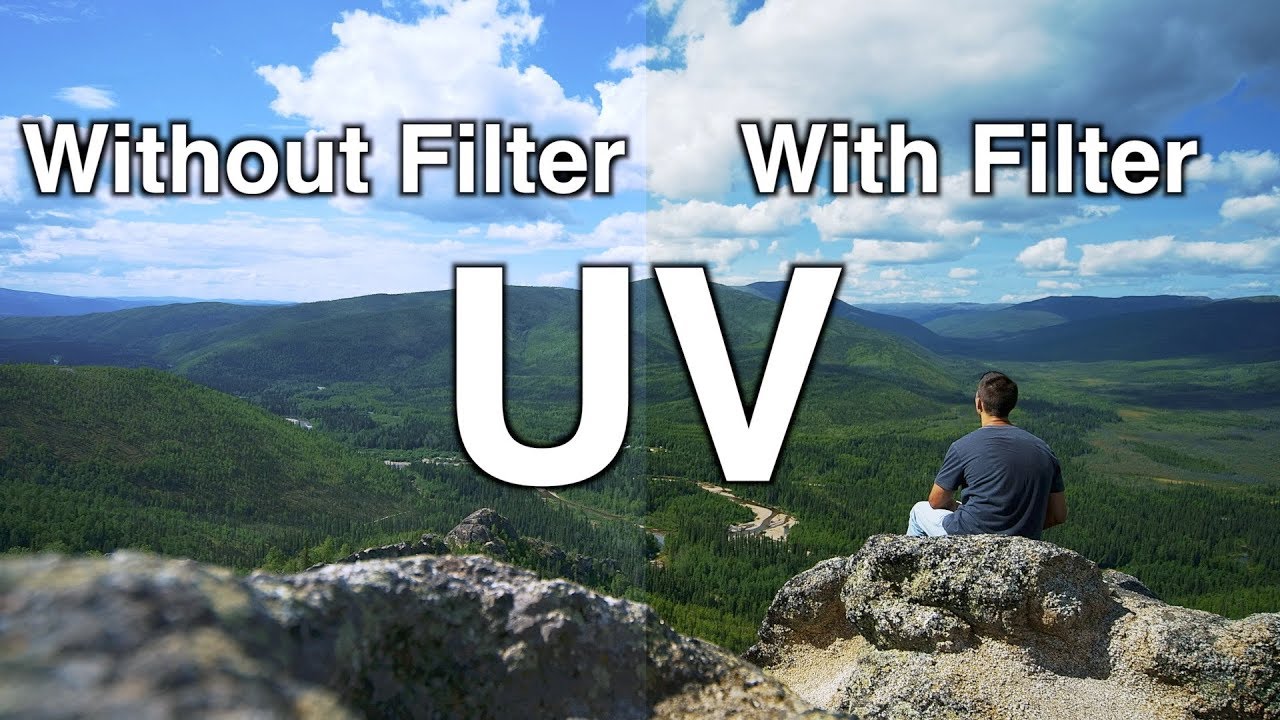
- Adverse Weather Conditions: In climatic conditions characterized by rain or dust, UV filters can keep your lens safe and clean.
- High-Altitude Photography: UV filters can be beneficial at higher altitudes where UV levels are higher and can cause unwanted haze in photos.
- Marine Photography: Similarly, when undertaking sea photography, where environmental UV levels are high, these filters can eliminate haze.
- Protection from Accidental Damage: UV filters serve as a first-line guard for your lens, protecting it from accidental scratches and knocks.
Conversely, it's noteworthy to mention scenarios where using a UV filter might not be as advantageous, such as indoor, low-light, or night photography where every bit of light impacts the quality of the photo. In such situations, removing the UV filter to maximize light transmission to the sensor may be more beneficial.
Conclusion
To use or not to use a UV filter is a decision that hinges on the specific needs and preferences of photographers. While the protection offered cannot be denied, the potential to degrade image quality is also real – especially if lower quality filters are employed. As a photographer, understanding these facets can help you decide the right scenario to use a UV filter, thereby aiding your pursuit to capture the perfect shot.
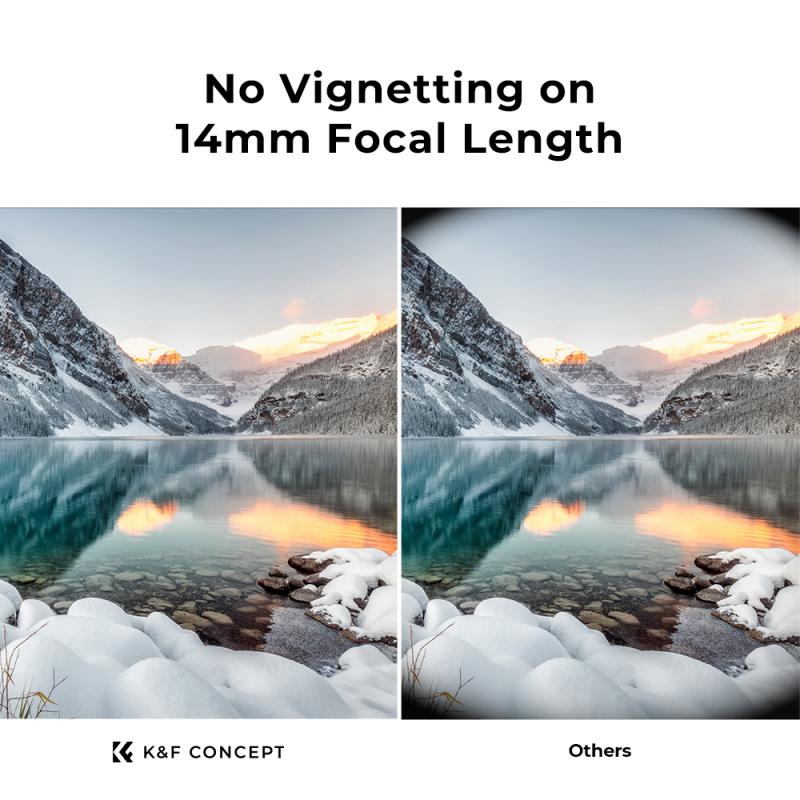
Related FAQs about what do uv filters do for cameras
Are UV filters necessary for digital cameras?
UV filters are not necessarily required for modern digital cameras as most already have in-built UV protection. However, they can provide added protection against environmental elements like dust, scratches, and accidental damage to the lens. Their usefulness depends on the specific shooting scenarios and individual preferences.
How do I choose the right UV filter for my camera?
The key considerations while choosing a UV filter include lens size, the quality of the glass, and its coating. Opt for high-quality, multi-coated filters to minimize possible image degradation. Also, ensure it fits your lens diameter. It’s advisable to stick to reputable brands.
Can using a UV filter degrade image quality?
Yes, using a UV filter, especially a lower-quality one, can lead to potential image degradation. Issues like image softness, flaring, ghosting, and minor color shifts could occur. However, high-quality filters minimize these effects. It's crucial to balance this potential downside against expected benefits.

